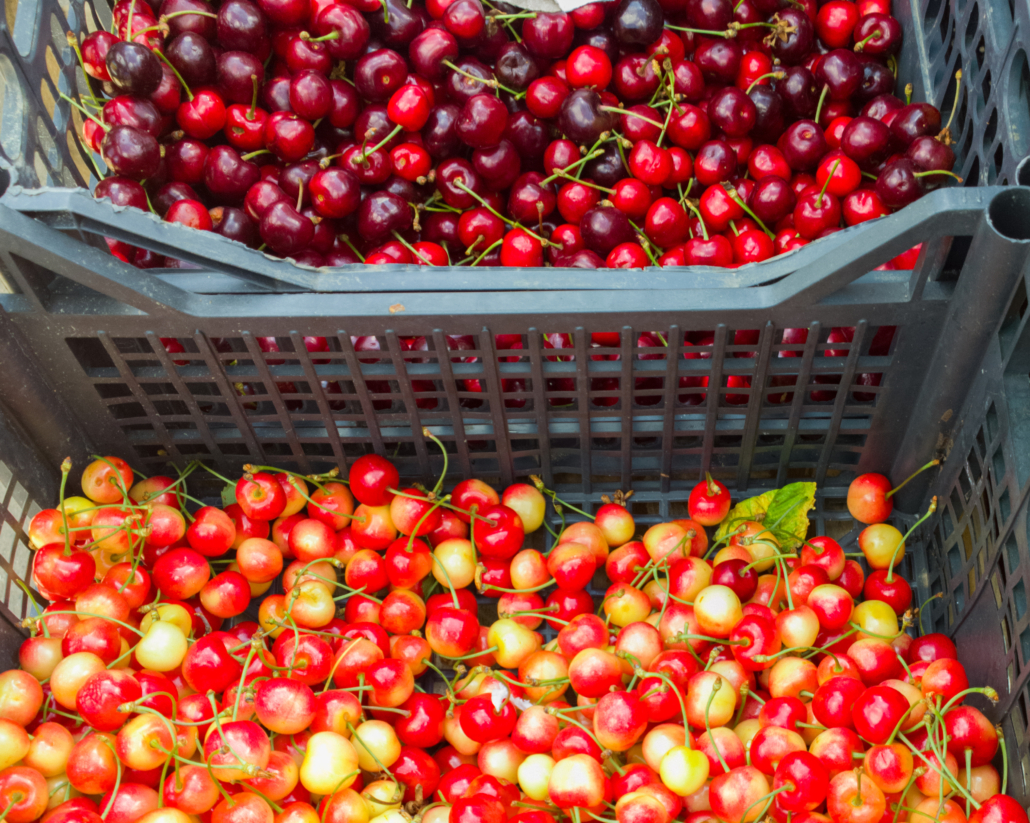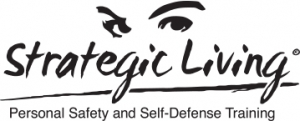Today is May 26, 2021. I have some decisions to make. Scheduling classes for the summer. Usually it’s not a big deal, kind of like a jigsaw puzzle putting together dates with class types, but this year I have to choose between running live in-person classes or sticking with virtual Zoom sessions. Do I require in-person class attendees to be vaccinated for COVID-19? To show proof, or trust they are truthful?
Do you trust yourself?
I read this book years ago, “Yes” or “No”: The Guide to Better Decisions by Spencer Johnson. Johnson is known for writing business self-help books that rely on allegories to convey their points. In this one he goes through a tale about a young man needing to make a decision and the advice he’s given by a mentoring group while on an extended hiking trip. We never find out what the issue or choices were, the whole point was the process of arriving at a decision via a series of six questions. The first three questions were in the rational realm, but the second three were more in the domain of the heart. One of those key questions to ask oneself is “does this decision show that I trust my instincts?”
Do you trust yourself?
Sure, all of us on occasion have misjudged situations, misread body language, acted on our prejudice and assumptions. But what happened afterwards? What did you find out? Did you find feedback to learn more about yourself? Were you honest with yourself?
Do you trust yourself?
Or, did someone subsequently try to shame you, or insist that your assessments are always wrong? Always would be wrong? With constant picking on your choice of clothing, restaurants, or movies. Disparaging comments about your family and friends? Expressions of contempt for your opinions on matters cultural or political?
Over a decade ago one student told me about her self-development strategy. She sold cherries in Pike Place Market over the summer,  when she was home from college. Now, who’s in Pike Place Market in the summer? A whole lotta tourists, who really don’t need cherries. They may need a snowglobe with the Space Needle, or a chocolate salmon, or a T-shirt that says “my parents went to Seattle and all I got was this T shirt.” But not cherries. So she came out from behind the stand to interact more with visitors. From that experience she learned to assess body language and attitudes, and more quickly figure out who may be a customer and who may be a creep. (BTW, I also talked about this in my blog post 2 weeks ago.)
when she was home from college. Now, who’s in Pike Place Market in the summer? A whole lotta tourists, who really don’t need cherries. They may need a snowglobe with the Space Needle, or a chocolate salmon, or a T-shirt that says “my parents went to Seattle and all I got was this T shirt.” But not cherries. So she came out from behind the stand to interact more with visitors. From that experience she learned to assess body language and attitudes, and more quickly figure out who may be a customer and who may be a creep. (BTW, I also talked about this in my blog post 2 weeks ago.)
As I’ve noted several times, the great American sage Yogi Berra is said to have said, you can observe a lot just by watching.
She honed her sense of trusting herself. You can, too.
Stay safe, live life.
